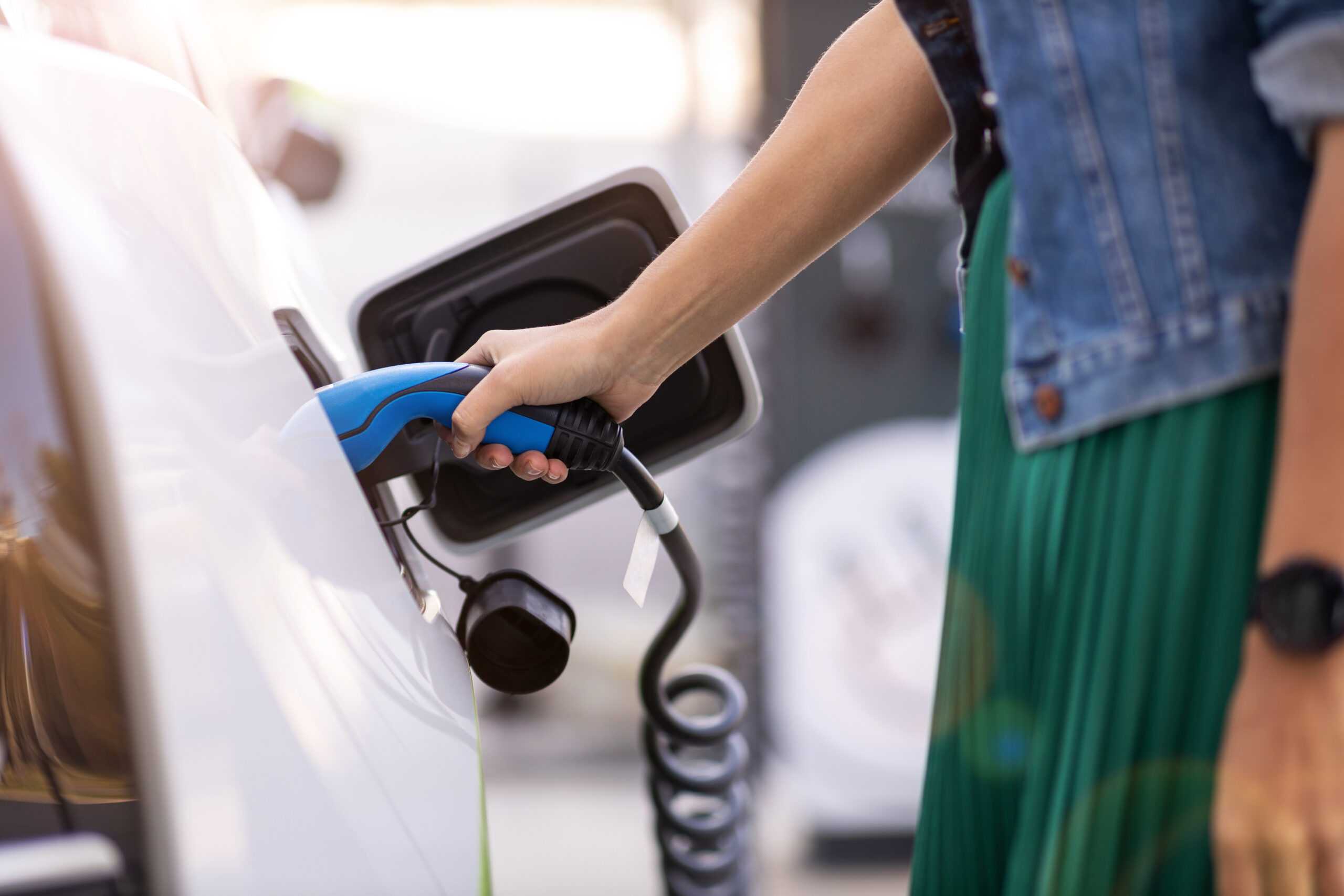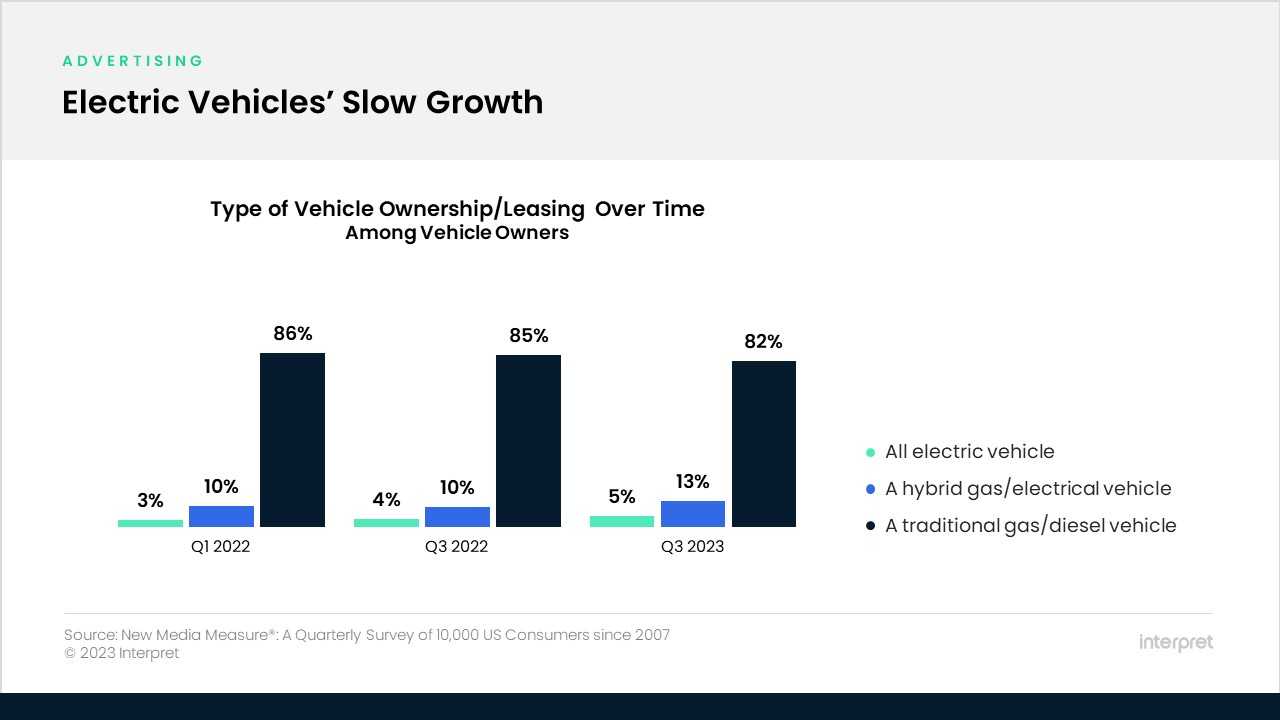In the last couple of years, more and more auto manufacturers have been adding all-electric vehicles (EVs) to their lineups, and some, such as GM, Ford, Volkswagen, Mercedes, and Volvo have made promises to transition their products to all-electric by 2035 at the latest. As countries across the globe look to put policies in place to address climate change, there’s a strong push to get away from fossil fuels.
The problem, however, for automakers is that most consumers already understand the importance of sustainability and curbing their own carbon footprint by one day switching to hybrid or EVs. Marketers for the EV industry believe that now is the time to move away from green messaging to better address the litany of concerns consumers have about going all-electric.
Drivers are not only dissuaded by the cost of most EVs (slightly offset by tax credits), but they are also worried about the charging infrastructure, the time required to charge, the range afforded by batteries, the potential impact on performance in cold weather, and the current lack of expertise at most repair shops needed for working on this different breed of vehicle.
These are all rational issues that consumers should certainly pay attention to when making a large purchase. At the same time, buying a car can be emotional, and a big part of the EV scene is embracing the cool tech and features that EVs can offer, such as the electric motor’s torque and innate speed.
“The risk is that the category stops doing the emotional category job, as range and resell are very rational messages. My worry is that people know they have to get an electric car but because the marketing can be very rational, they aren’t excited about it,” BBH strategist Robert Meiklejohn explained to The Drum.
Overall progress has been slow, according to Interpret’s New Media Measure®, but things are moving in the right direction. Overall ownership or leasing of traditional gas vehicles has fallen from a high of 86% in 2022 to 82% this year. Meanwhile, more consumers (13%) have been comfortable adopting hybrid cars as a stepping stone of sorts to sustainability compared to just 5% of consumers in the US who report driving all-electric vehicles.
There’s a clear generational impact at play as well; Interpret data finds that Millennials are the most likely to be all-in on EVs with 10% of drivers in that generation owning or leasing one compared to just over 2% of Gen X and only a half-percent for Boomers. As the younger generation with less disposable income, Gen Z tracks behind at 5%, but that is a figure that is likely to climb in the coming years as they age and the price of EVs continues to come down.







